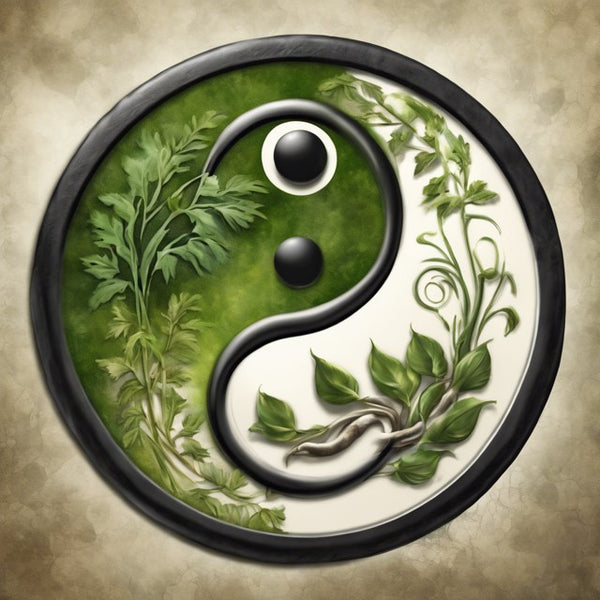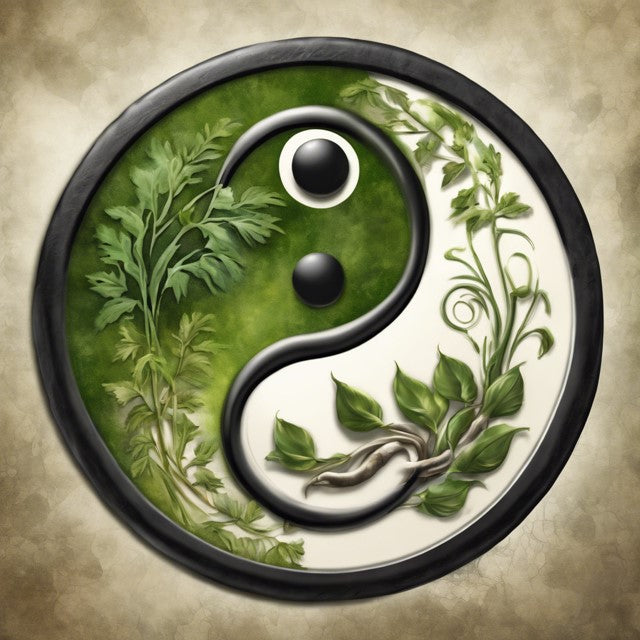In the vast tapestry of life on Earth, one thing becomes abundantly clear: diversity is not just a concept; it's a necessity. From the towering trees of the Amazon rainforest to the humble ferns adorning our windowsills, plant life forms an integral part of our existence. But it's not just about the oxygen they provide or the beauty they bring to our surroundings. Much like the intricate web of ecosystems, human societies thrive on diversity too. Just as all types of plants are needed for the health of our planet, so too are all kinds of people essential for the richness of our human experience.
In the realm of plant life, diversity ensures resilience. Different species adapt to various climates, soil conditions, and ecological niches, forming intricate ecosystems where each organism plays a vital role. In much the same way, human societies benefit from diversity. When people of different backgrounds, cultures, and perspectives come together, they bring a wealth of knowledge, creativity, and resilience. Just as a diverse forest is better equipped to withstand environmental challenges, so too are diverse communities better equipped to address the complex issues facing our world.
Consider, for a moment, the concept of symbiosis in nature. In symbiotic relationships, different species rely on each other for survival and thrive together. Plants provide oxygen, food, and habitat for a myriad of organisms, from insects to mammals, in turn benefiting from pollination, seed dispersal, and protection. Similarly, human societies thrive on interconnectedness and cooperation. When we embrace our differences and work together, we create a harmonious environment where everyone can flourish.
Furthermore, just as racial, cultural, and ethnic diversity enriches our societies, so too does biodiversity enrich our ecosystems. Every plant species, no matter how small or seemingly insignificant, has a unique role to play in the intricate web of life. Each contributes to the overall health and stability of our planet, just as every individual contributes to the richness of human culture and society.
In essence, the interconnectedness of human and plant life underscores the importance of embracing diversity in all its forms. Just as plants rely on each other for survival, so too do we rely on the contributions of people from diverse backgrounds and experiences. By nurturing diversity in both human societies and natural ecosystems, we can create a world where all life thrives, where every plant and every person is valued and celebrated.
As we continue our journey on this planet, let us remember the lessons that nature teaches us: that diversity is not just a strength, but a necessity for the health and vitality of our world. Together, let us cultivate a future where harmony, cooperation, and mutual respect reign supreme, both among human beings and in the vast tapestry of plant life that sustains us all.

